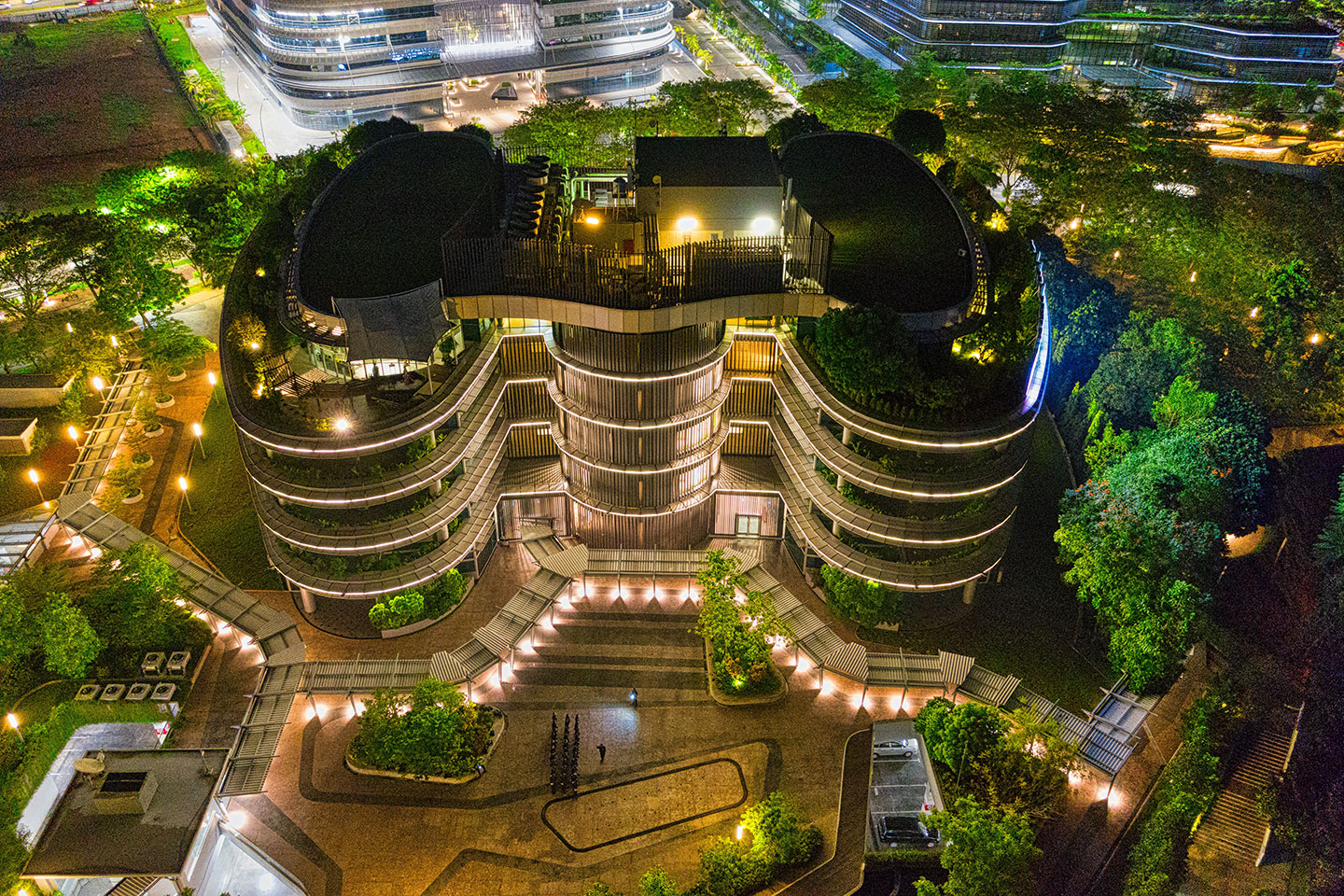What needs to come first when addressing climate change in the construction industry: people culture or technology?
by BIM Academy | June 23, 2023 | 3 min read

The construction industry is one of the largest contributors to climate change, and there is an urgent need for it to adapt to more sustainable ways of working, and to reduce carbon emission levels.
In our new podcast series, Paul Thorpe, BIM Academy Director, has invited guests from across the industry to talk about the innovative ways we are using digital technologies to combat climate change, and to help us design and build a greener, smarter, and clearer built environment.
This is the first in a series of four podcasts where Paul – a digital pioneer, future thinker and active researcher into new technologies, such as machine learning, artificial intelligence and Internet of Things (IoT) – will pose the question to each of his guests: “How can the technology within the construction industry help us tackle climate change?”.
Climate change is having a significant impact on businesses, society and individuals. It is increasingly understood that a shift towards a low carbon economy is needed. According to the United Nations Environment Program (2022), the built environment accounts for 39% of gross annual carbon emissions worldwide, a figure comprising both operational carbon (the ongoing carbon emissions from its day to day use) and embodied (all the CO2 emitted in producing materials).
There is enormous pressure on the industry to reduce carbon emissions released through the construction and operational phases of our built assets. As the construction industry transitions to a digital first approach, Paul looks at whether the technologies behind this digital transformation are the answer to construction winning the fight against climate change and achieving global net zero emissions targets.
His first guests are James Bowles and Mia Dibe. James is the Founder of Freeform 3D and an expert in 4D modelling. He is passionate about using technology to improve construction processes and is also the Founder of ZERO, a global community of professionals who have a common goal to make construction a zero carbon industry.
Mia is an award-winning MIT Innovator under 35, a multi-disciplinary architect, and smart cities professional. She is currently a Senior Product Manager at Arup in London where she supports the development of digital products for the built environment, and scaling of innovation and ideas into commercially viable solutions. Mia is also Co-Founder of ZERO Next, a fast growing group of young professionals and future leaders within ZERO, working together to change the industry from high carbon emissions to becoming part of the decarbonisation solution, creating an industry we can all be proud of.
Paul starts the conversation by putting to his guests that there is enormous pressure on the construction industry to reduce carbon emissions released through the building and operational phases of our built assets. As we, as an industry, transition to a digital first approach, could technology be the answer to construction winning the fight against climate change and achieving global net zero emissions targets, or do we need to look at a culture shift before introducing tech?
James comments that we must look at people and culture first, changing mindsets to achieving net zero targets is very much needed before we can look at tech solutions to climate change.
The conversation flows to who is responsible for such a seismic change. Are industry giants the ones who should lead by example, or should governments set stricter guidelines? Where do we start? Or has the journey begun, and we need to put our foot on the accelerator?
Mia agrees that responsibility lies with everyone, but stresses there definitely needs to be a clear starting point. Both James and Mia are passionate about taking bold steps to making construction a zero carbon industry.
Listen to the full conversation to hear Paul, James and Mia discuss the best aspects of technology within construction that are enabling people to drive positive change.

